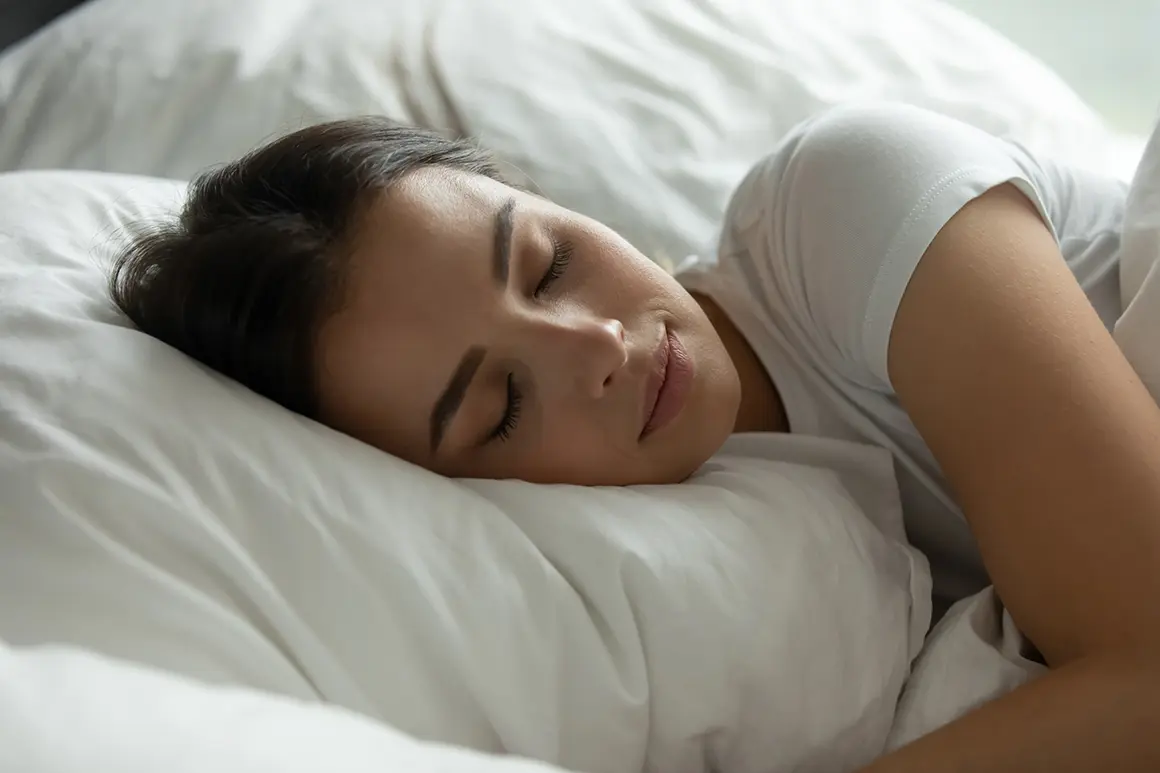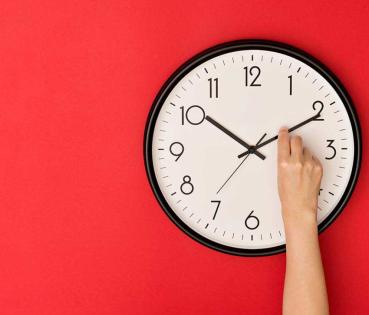
Four tips to prepare for the end of summer daylight saving time
The change in schedules that daylight saving time forces us to make entails a biological adjustment that affects both body and mind. We tell you four simple changes in your routine to adapt your body to it.
Although the European Parliament has supported the elimination of the time change, the final decision on this is up to each member country. Among other issues, Spain is still studying the repercussions it would have, for example, in terms of energy saving, the impact on tourism, the reorganisation of international airspace.
According to official sources, in Spain it is possible that this will be the last time change. The question that arises is: which timetable should we keep, winter time or daylight saving time?
The debate revolves around maintaining the Berlin time zone (GMT +1) or aligning with Lisbon and London (GMT), the latter being the one to which Spain geographically belongs. This decision, however, would leave us with one hour less sunlight in summer. We would also like to remind you that these countries also continue to follow the summer/winter time changeover to date.
Health effects of summer daylight saving time
The internal clock or circadian rhythm, which regulates the sleep-wake cycle, can be thrown out of sync by the change of time zone, causing tiredness, lack of concentration or alterations in mood.These effects can be mild, but can also be more pronounced, depending on the individual and his or her daily routine.
Taking the time to prepare your body for the time change not only improves the quality of your sleep, but also helps to reduce stress and maintain balance in your daily life. Here are four research-based tips to help minimise the impact of the time change.

Gradually adjust your sleep routine
1 of 4
One of the best ways to soften the impact of this time change is to adjust your internal clock gradually in the days leading up to it. Adjusting your bedtime and the time you get up by 15-30 minutes each day will allow for a smoother transition and avoid the shock of an abrupt time change.
This adjustment is particularly important for those who observe strict sleep routines or have jobs that require a lot of concentration. According to the National Sleep Foundation, changing your sleep schedule gradually helps reduce the risk of social jet lag, a condition that occurs when your body's internal clock and daily activities are out of sync.

Expose yourself to natural light, especially in the morning
2 of 4
Sunlight is one of the most important factors in regulating our circadian rhythm. After the time change, it is crucial that you expose yourself to natural light during the early hours of the day, as this sends the message to your body that it is time to be active and alert. In fact, research indicates that exposure to morning light improves energy levels and reduces fatigue throughout the day.
If natural light is not available (for example, if you live in region with limited solar light in autumn or winter), consider using daylight lamps or light therapy, which can simulate the effects of sunlight. This type of therapy has been proven to be effective for people with seasonal affective disorder (SAD) and is helpful in regulating sleep and mood.

Eat a balanced diet that fits your new schedule
3 of 4
Food also plays a crucial role in how we adapt to time changes. It is advisable to adjust mealtimes gradually, and not just bedtimes. Eating at the right time helps your body to synchronise better with the new schedule, which makes it easier to regulate your biological rhythms.
Avoid heavy meals and stimulant drinks (such as coffee, tea and energy drinks) before bedtime as they can affect sleep quality. Instead, opt for light dinners and foods rich in tryptophan, such as nuts, bananas and dairy products, which promote melatonin production and can help you fall asleep.

Engage in moderate physical activity, but not just before bedtime
4 of 4
Regular physical exercise is an excellent sleep regulator and a powerful tool to deal with fatigue and jet lag. However, it is important to bear in mind that the time of day at which you exercise can affect your sleep cycle. Strenuous physical activity right before bedtime can increase adrenaline levels and make it difficult to fall asleep. It’s best to exercise in the morning or in the afternoon, as this helps to increase energy levels and promotes a good night's rest.
Research published by the National Institutes of Health suggests that people who exercise regularly adapt better to sleep cycle changes and enjoy deeper, more restful, sleep.




